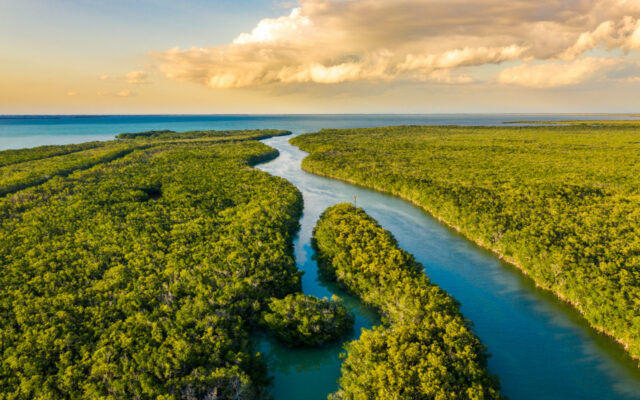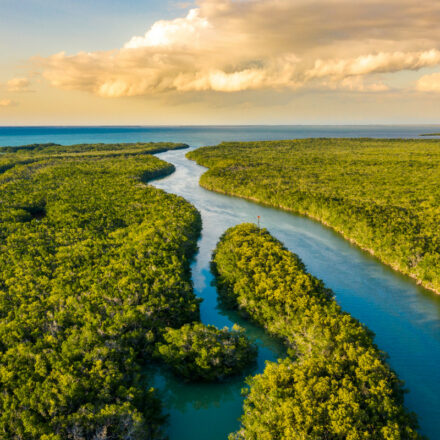Innovation matters – it’s why we exist. To create technologies that drive human progress, including creating technology to protect our planet. For nearly four decades, breakthrough ideas have been the cornerstone of our success and drive the technology that helps us solve our customers’ and the world’s biggest problems.
We all share responsibility for taking care of the planet, and we need to do better. We need to slow the pace of climate change. We need to reduce and responsibly reuse or recycle the waste we produce. And we need to incorporate sustainable practices, products and materials in everything we do. While the situation is urgent, the progress made should inspire and encourage us.
Every day at Dell Technologies, we advance our sustainability commitments by focusing on two areas that are inextricably linked: climate action and accelerating the circular economy. To address climate change, overall, we must focus both on greenhouse gas (GHG) emissions and resource use. GHG emissions are important because they directly contribute to planetary warming, climate change and ozone depletion. Likewise, creating new materials rather than reusing resources already in the economy, also creates emissions and depletes natural resources. Our practices have a positive impact in both areas.
Climate Action
We continuously increase our climate action ambitions on our path to net zero GHG emissions and have established concrete and meaningful targets to reduce the emissions of our entire operating footprint, the goods and services we purchase, and the products we sell. We are proud to announce Science Based Targets initiative recently validated our targets, verifying they align with climate scientists’ recommendations to mitigate the effects of climate change, which is to limit the global temperature increase to 1.5°C this century.
One way we seek to achieve our climate commitments is by supporting our customers’ energy and climate goals through more energy-efficient solutions. For example, the over-provisioning of data centers is a huge waste of resources. Our product developers continue to engineer software that helps deliver optimal thermal performance and energy savings. Today, one server does the work of six servers 10 years ago.
Circular Economy
Sustainability is embedded across our business in every stage of our operations footprint – from raw materials sourcing and manufacturing, to packaging, distribution, product use and recovery. We’ve been recycling products for our customers since 1996 and have committed that, by 2030, for every product a customer buys, we will reuse or recycle an equivalent product. To complete the circle, we provide a range of take back services to make it easy for our customers to return their products for reuse, refurbishment or recycling. Since we began tracking this in 2007, we have diverted more than 2.6 billion pounds of used electronics from landfills.
What might have been waste is often repurposed into new products, along with the latest innovations in sustainable materials. We use bioplastics made from an agricultural byproduct, recycled copper in some of our power adapters and hydropower aluminum in select laptops to progress our goal of having more than half of our product content come from recycled or renewable sources by 2030.
Packaging waste is also a growing issue. To address this, we are on track to have 100% of our packaging made from recycled or renewable materials by 2030. Our packaging team is a leader in building supply chains for sustainable and renewable materials, such as recycled and renewable paper fibers from bamboo and sugar cane, and ocean-bound plastics. In fact, in FY23 we diverted more than 500,000 pounds of discarded plastic from entering our oceans, as we began to incorporate recycled ocean-bound plastics into our products. These are among the things our team does every day to address our customers’ – and the earth’s – most pressing needs.
Each of these climate and circular economy initiatives – and hundreds more not mentioned here – reflect how we run our sustainable business, and a dedicated Dell team that creates, invents and revolutionizes solutions leads every one of them.
Thank you for joining our efforts to drive sustainability on Earth Day and beyond. It will take all of us working together to protect our planet and future generations. For more on what Dell is doing to reduce emissions and drive circularity throughout our products and services, visit Accelerating the Circular Economy.
Jeff

